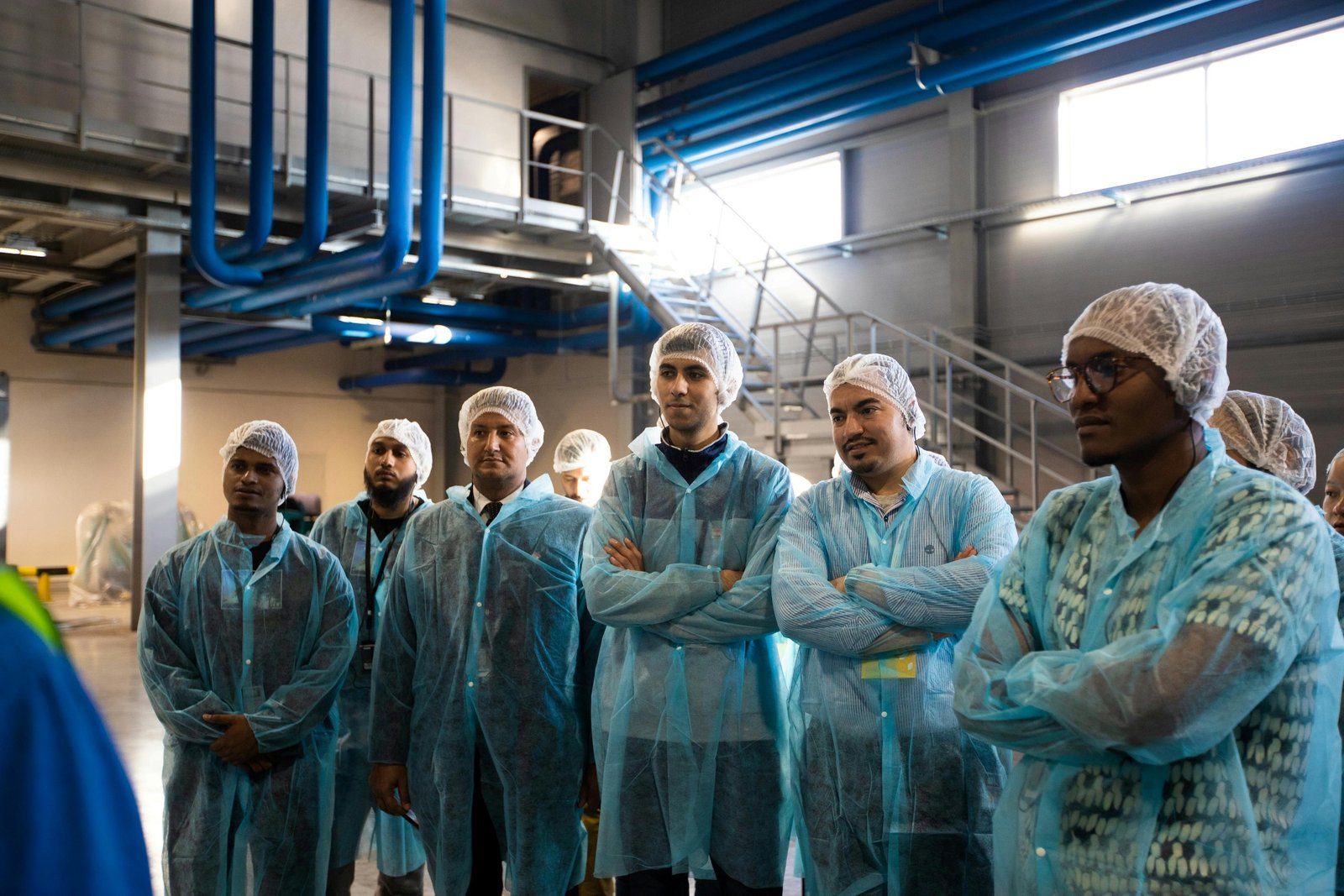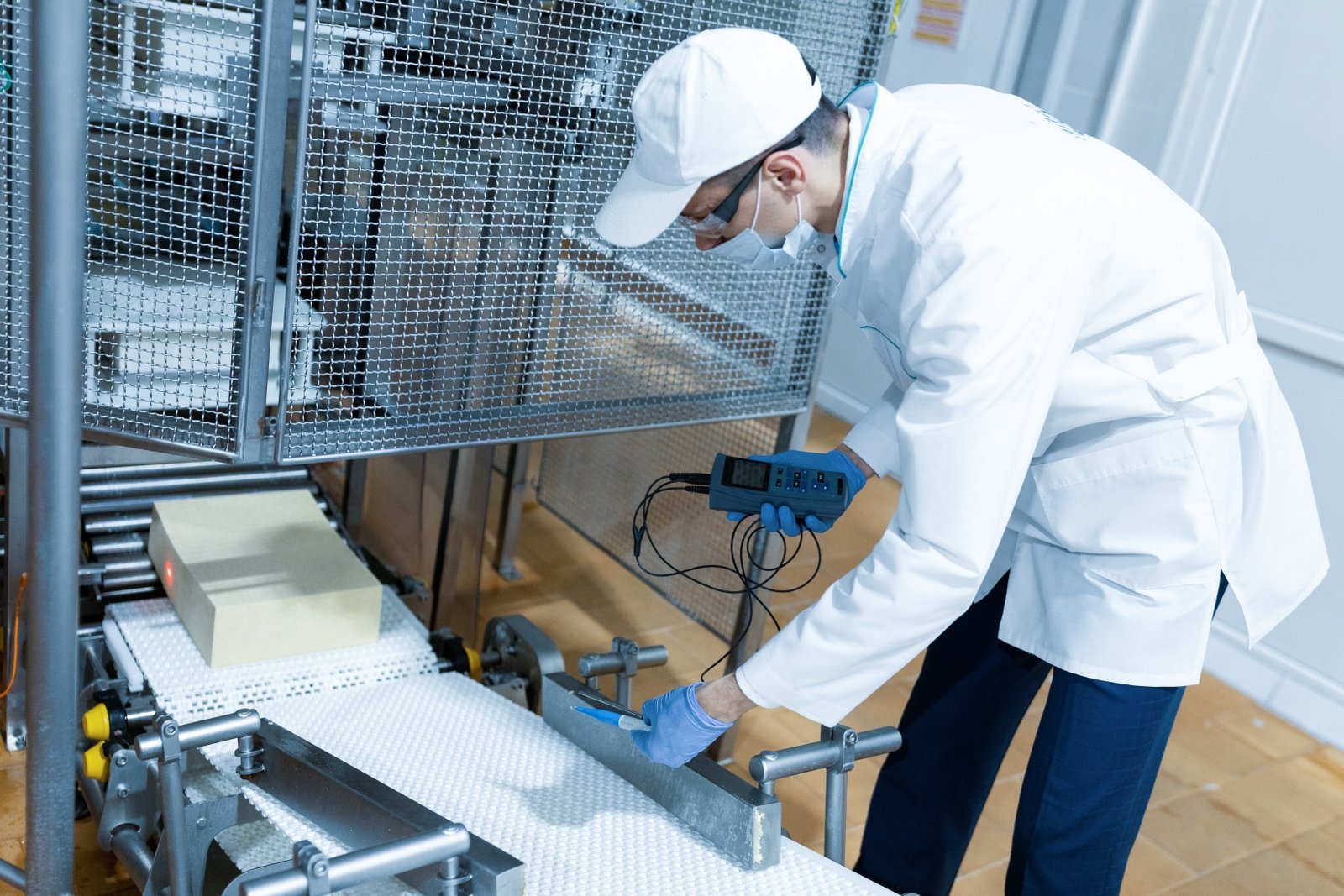What Is the Link Between ISO 22000 and Continuous Improvement Culture?
When businesses adopt ISO 22000, they aren’t just complying with a food safety management system. They are also laying the groundwork for a continuous improvement culture that drives efficiency, safety, and long-term success.
So, what’s the connection between ISO 22000 and continuous improvement? Let’s break it down.

1. Built on the PDCA Cycle (Plan-Do-Check-Act)
-
ISO 22000 uses the PDCA approach across all processes.
-
Encourages businesses to plan improvements, test them, evaluate results, and adjust.
-
Creates a cycle of ongoing progress rather than one-time compliance.
2. Promotes Risk-Based Thinking
-
Requires companies to identify potential hazards early.
-
Encourages proactive action instead of reactive fixes.
-
Builds a culture of anticipating and preventing problems.
3. Strong Emphasis on Documentation
-
Clear SOPs and records ensure consistent implementation.
-
Documentation highlights gaps and inefficiencies over time.
-
Provides data that can be used to measure performance and drive improvements.
4. Employee Engagement and Training
-
Regular training sessions increase staff awareness of food safety.
-
Workers become active participants in suggesting improvements.
-
Promotes accountability, teamwork, and shared responsibility.
5. Internal Audits and Corrective Actions
-
ISO 22000 requires routine internal audits.
-
Audits highlight areas needing change and track progress.
-
Corrective actions ensure continuous improvement in operations.
6. Integration With Business Goals
-
ISO 22000 aligns food safety objectives with overall business strategy.
-
Improvement culture extends beyond compliance into efficiency and cost savings.
-
Encourages innovation while maintaining strict safety standards.
7. Enhances Customer and Market Confidence
-
Continuous improvement ensures products consistently meet expectations.
-
Builds stronger trust with retailers, regulators, and consumers.
-
Companies seen as forward-thinking gain competitive advantages.
8. Long-Term Sustainability
-
Reduces waste, recalls, and inefficiencies.
-
Protects brand reputation through proactive improvements.
-
Creates a resilient system that adapts to changes in regulations and markets.

Final Thoughts
ISO 22000 and continuous improvement go hand in hand. By embedding the PDCA cycle, risk-based thinking, and regular audits, ISO 22000 helps businesses build a culture where food safety and efficiency are always evolving.
👉 At CAYS Scientific, we support businesses in developing ISO 22000 systems that drive continuous improvement and long-term success.


